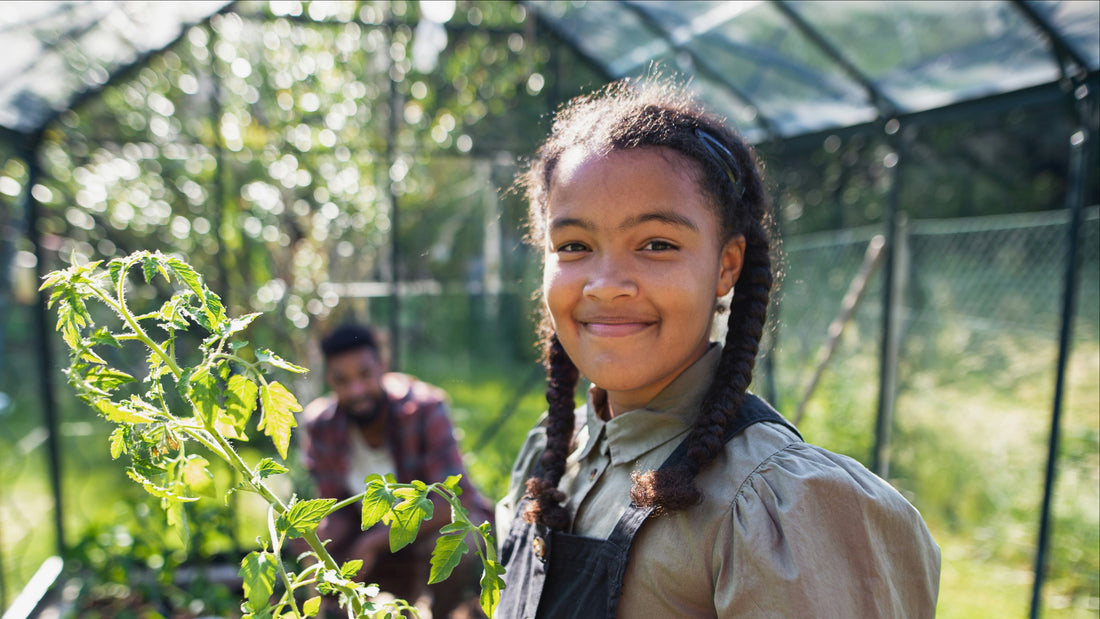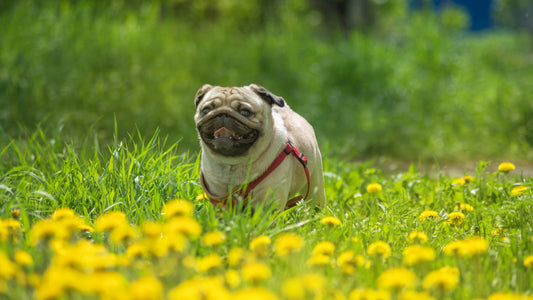Spring planting season is here, and it looks like pretty much everyone’s getting their hands dirty! About 80% of U.S. households are now gardening! Planting a garden is a fantastic way to soak up some nature and deck out your space with greenery.
Many of us are choosing to go green in more ways than one, setting up their outdoor spaces to be eco-friendly. It’s all about looking after the plant, our loved ones, and future generations. We love all things nature, and with the growing season underway, here are the top tips for green-minded gardening:
Follow the sun.
Whether prepping a sunny window sill or an acre of land, consider where the sun rises and falls, then plan out the space to match up plants with the amount of sunlight or shade they’ll get in the chosen location. Consider the maximum heat tolerance the plant can take in a day and plan accordingly.
Conserve water.
Determine water needs and which natural resources are available in the planting area. Growing a garden requires more than occasional rainfall. It’s important to regularly water plants so blooming and growth can occur. Install a rain barrel to capture water for use during dry periods to lessen the impact on city water reservoirs.
Plant for the zone.
There are also optimal times to plant and harvest depending on geographic location throughout the county, as well as which plants grow in which regions. The United States Department of Agriculture (USDA) has recently updated its planting zones map revealing the first update in the past 11 years. Following well-informed guidelines will help ensure successful plants, decreasing the amount of resources needed to achieve plentiful gardens.
Compost your greens.
Another way to conserve and reuse in the garden is to compost green waste, not only from your yard but also from your kitchen. Grass and flower clippings, leaves, and fruit and vegetable peels can be transformed into a nutrient-rich fertilizer that can in turn be used to help the rest of your garden grow. Getting started with composting is easy and the whole family can lend a helping hand. There’s a reason compost is called “black gold!” Compost does wonders for the garden.
Consider Mother Nature.
Have you noticed a sizable decrease in bees, butterflies, and dragonflies? The pollinator population is at dangerous lows which has a direct impact on food and flower production. According to the Penn Center for Pollinator Research, 80% of plants require pollination to reproduce and 1 of 3 bites of food we eat exists because of pollinators.
This is why we want to plant pollinator-friendly gardens that are specifically designed to attract beneficial wildlife. You can create an ideal environment by using host plants and water features that attract pollinators like bees and butterflies. Check out which plants are best for your region, and which attract pollinators.
Bee watering stations are trending because they give pollinators a place to land and hydrate. When bees have access to fresh water, they can also use it as air conditioning for the hive and feeding baby bees.
When taking care of unwanted bugs, use products that have pollinator-safe residue like Wondercide’s cruelty-free sprays and concentrate. The residue is pollinator-friendly. All of Wondercide’s bug sprays and insect repellents for the yard, pets, home, and family harness nature to do the job and contain zero artificial colors, fragrances, or dyes, giving people interested in going green a lot to love.
Gardening is for everyone, from young to older adults. As millennials jump into gardening, making up 65% of all new gardeners since the pandemic and now account for 29% of all gardeners, they’re not just planting seeds–they’re planting ideas. These socially conscious consumers care deeply about the environment and align personal values with corporations that live up to these ideals. For all environmentally conscious gardeners, each plant is a step toward a healthier planet!




